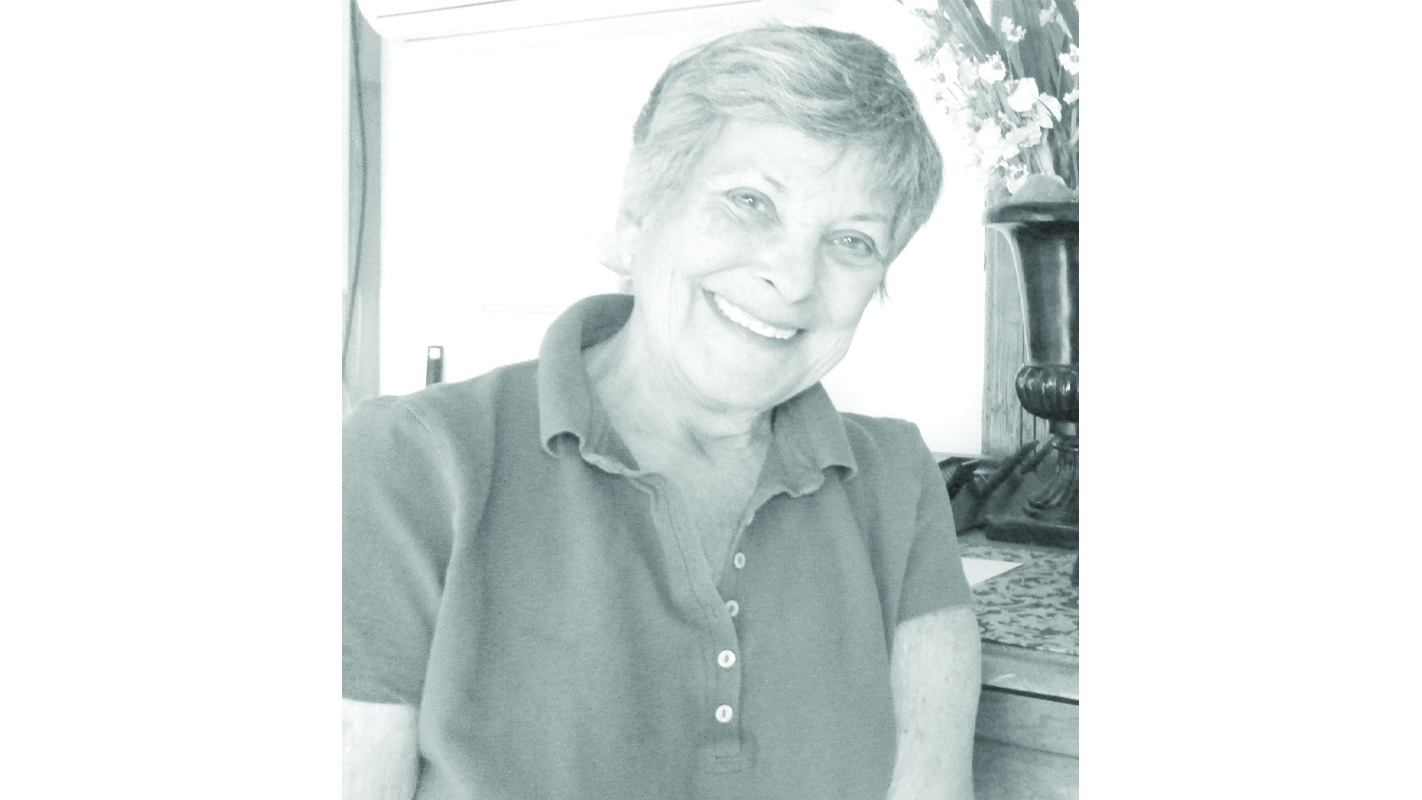By Dian Cohen
A month ago I requested an interview with M. Dubé, our health minister. His press attaché wrote back, “we have to decline your request for an interview with Mr. Dubé. I invite you to send your written questions to medias@msss.gouv.qc.ca”
So that’s what I did, the very next day, asking for a timely response. I wrote again this past week, reminding them of my questions and telling them I was really curious about whether Bill 20, passed by the Couillard government way back in 2015 and still the law of the land, had done its job of improving access to primary healthcare.
No answers were provided.
You may remember that back in 2015 many of us were complaining that we couldn’t get a family physician and that we had to crowd into Emergency Rooms to get treatment for issues that were not emergencies but were nevertheless health issues that needed attention. The government of the day passed Bill 20 that said that general practitioners had to target registering 1,500 patients, ensure the continuity of care of them, and practice a minimum number of hours in hospitals. Financial penalties of up to 30 per cent of a physician’s pay were introduced for physicians failing to meet the specified targets.
There has been no formal evaluation of the effects of Bill 20 in terms of access to primary care physicians for the Quebec population. People generally don’t like to be coerced into doing things and doctors are no exception. They hated Bill 20 and successive health ministers have had to negotiate changes. We know about some of them because they made it into the media – like the Couillard government backtracking on Bill 20’s provisions on condition that 85 per cent of Quebecers had a family doctor by 2017.
We know that hasn’t happened because early in 2018 Francois Legault told the press that the goal of his government was to increase the percentage of the population registered with a general practitioner from 81 to 83 per cent by the end of 2018. At that time, about 400,000 Quebecers were waiting to be matched with a family doctor.
This figure has almost doubled in the last three years, reaching 700,000 by the end of 2020, several sources claim. When asked by a reporter in May 2021 what happened, Health Minister Christian Dubé, blamed the pandemic and said he hasn’t lost sight of his target. “Fortunately, telemedicine, the practice of consulting a doctor by phone, has proved its worth during the pandemic,” he said.
What we can glean from this is that not much has happened in the last six years to improve Quebecers access to primary healthcare. The Federation of General Practitioners of Quebec (FMOQ) has long complained that doctors have little time for front line services because the health ministry forces them to spend 30 to 40 per cent of their time performing “activités médicales particulières” (AMP) — shift work in hospital emergency rooms and intensive care units as well as in outlying rural areas. Dubé rcently told reporters that he has reached an agreement with the doctors practicing in family medicine groups (FMG) that will gradually abolish this shift work.
Without a comprehensive evaluation of Bill 20, we can only guess at the unintended consequences. According to Laval University profs Maude Laberge and Myriam Gaudreault in their 2019 analysis of Bill 20, “the media releases on physician remuneration showing a widening gap between specialists and family physicians over the past decade as well as the harsher conditions imposed on family physicians contributed to making the practice less attractive. In 2018, of the 78 residency spots left vacant in Canada after the annual matching of medical students, 65 were spots in family medicine in the province of Quebec. This was an increase from the 56 spots left unfilled in 2017 and 43 spots left unfilled in 2015… The Federation of Family Physicians blamed Bill 20 as being at least partly responsible for the increased “unattractiveness” of family medicine in Quebec.”
According to Damien Contandriopoulos and Michael R. Law as quoted in the February 2021 Canadian Medical Association Journal, “The number of family physicians who opted out increased from nine in 1994 to 347 in 2019. “ Anecdotal evidence from recently graduated family physicians is that close to half of some graduating classes are leaving the province to practice. Some observers say this is why Quebec is encouraging the production of nurse-practitioners.
As Minister Dubé acknowledges, telemedicine has proved its worth over the past year. At least, some of us have that. Or do we? Straight from the website of RAMQ, Quebec’s health insurance agency, “Section 3.13 of Letter Of Understanding #269 provides that services rendered in connection with the pandemic situation caused by COVID-19 may be provided by telecommunication… by telephone, video conferencing or telemedicine. These provisions come into effect retroactively to March 16, 2020 and are valid as long as the state of health emergency is in effect. The terms of Letter of Understanding No. 269 are extended to October 31, 2021.”
What happens then? Will RAMQ continue to pay? Will we ever have easy access to primary care?
Dian Cohen is an economist and a founding organizer of the Massawippi Valley Foundation.
Cohendian560@gmail.com





